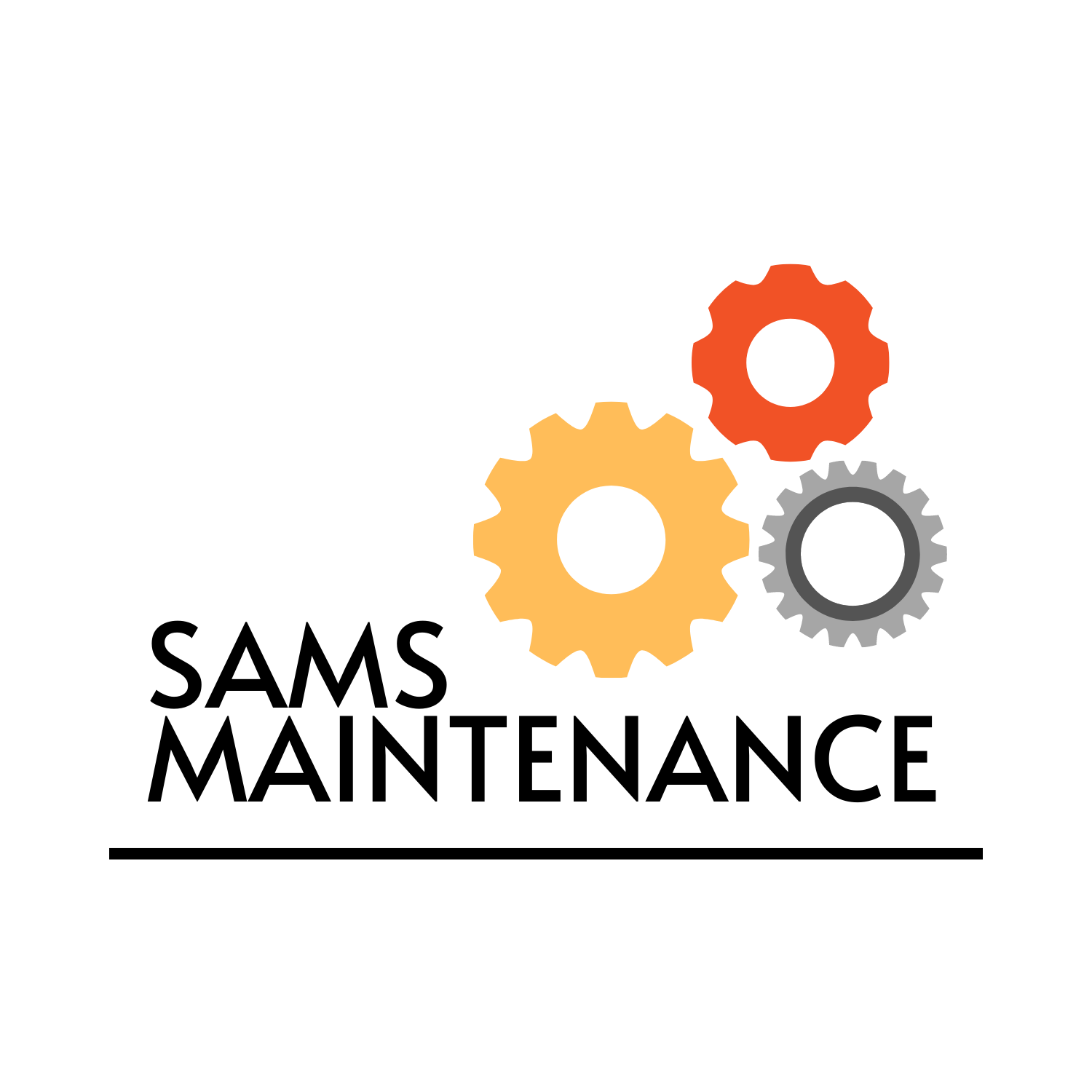“`html
Embarking on the journey of home care for a loved one can be both comforting and complex, as it blends the warmth of familiar surroundings with the intricacies of medical and financial planning. The term “routine home care” may evoke a sense of stability, yet it encompasses a wide range of services, from routine hospice care providing services in the home to more intensive continous care strategies. In this comprehensive guide, we delve into the costs, services, and Medicare coverage associated with routine home care, exploring the lesser-known aspects that often remain untold in the context of hospice care. As we navigate through factors influencing daily care costs, the definitions and types of routine hospice care, and Medicare’s role in funding home health aides, the article aims to illuminate the often-shrouded layers of continuous home care, answering crucial questions such as how much does 24-hour care at home cost, and do the benefits of Medicare extend to providing 24-hour home health care? By understanding the nuances between skilled nursing facilities and nursing homes, we offer you the insights needed to make informed decisions regarding residential care in your home.
“`
Cost of Daily Home Care
The cost of daily home care can vary significantly depending on several factors, including location, type of care, and level of assistance required.
- Types of Daily Home Care:
- Homemaker Services:
- Personal Care Assistance:
- Companionship Services:
- Factors Affecting Cost:
- Location:
- Type of Care:
- Level of Assistance:
- Average Costs by State:
- California:
- New York:
- Florida:
- Conclusion:
Homemaker services typically involve light housekeeping, meal preparation, and personal care tasks. These services can cost anywhere from $15 to $30 per hour, depending on the state and provider.
Personal care assistance involves helping individuals with activities of daily living (ADLs), such as bathing, dressing, and grooming. These services can cost between $20 to $40 per hour, depending on the level of care required.
Companionship services involve social interaction and emotional support for individuals who may be lonely or isolated. These services can cost around $10 to $25 per hour.
The cost of daily home care varies significantly depending on the location. Urban areas tend to have higher costs compared to rural areas.
The type of care required also affects the cost. Personal care assistance tends to be more expensive than homemaker services.
The level of assistance required also impacts the cost. Individuals requiring more extensive care, such as those with dementia or physical disabilities, may require more hours of care and therefore incur higher costs.
Homemaker services: $18-$28 per hour
Personal care assistance: $24-$38 per hour
Homemaker services: $16-$26 per hour
Personal care assistance: $22-$36 per hour
Homemaker services: $14-$24 per hour
Personal care assistance: $20-$32 per hour
The cost of daily home care can be significant, but there are ways to reduce expenses. Consider hiring caregivers through local agencies or online platforms, which may offer competitive pricing and flexible scheduling options.
Routine in Hospice
In hospice care, routine refers to the regular visits and services provided by healthcare professionals to support patients and their families.
-
Home Visits
The frequency of home visits varies depending on the patient’s needs and the level of care required. Typically, the RN Case Manager visits 2-3 times per week, the hospice aide visits 2-3 times per week, the social worker visits once or twice a month, and the spiritual counselor visits once or twice a month.
-
Level of Care
Hospice care provides four levels of care: Routine Home Care, General Inpatient Care, Respite Care, and Continuous Care. Each level of care has its own set of requirements and services.
-
Services Provided
Hospice care teams provide a range of services, including medical care, emotional support, spiritual counseling, and bereavement support. These services aim to improve the patient’s quality of life and provide comfort during the final stages of life.
-
Importance of Routine
Routine visits and services play a crucial role in hospice care, enabling patients to receive consistent and high-quality care. Regular interactions with healthcare professionals help patients feel supported and cared for, which can lead to improved mental and physical well-being.
By understanding what routine means in hospice care, individuals can better appreciate the importance of these regular visits and services in supporting patients and their families during challenging times.

What Hospice Won’t Tell You
Hospice care is often misunderstood, and there are several things that hospices may not openly discuss with patients and their families.
- The cost of hospice care can be significant, and many people are unaware that Medicare does not cover all expenses associated with end-of-life care.
- Hospices may not always have the necessary equipment or staff to provide the level of care required by patients with complex medical needs.
- Some hospices may have limited availability of certain services, such as pain management or spiritual support, which can impact the overall quality of care.
- Hospices may not always involve patients and their families in decision-making processes, leading to feelings of powerlessness and frustration.
- There may be limitations on the types of treatments or interventions that hospices can offer, which can be a concern for patients who are seeking alternative options.
Common Misconceptions About Hospice Care
Many people believe that hospice care means giving up hope or accepting death, but this couldn’t be further from the truth.
- Hospice care is focused on providing comfort, dignity, and quality of life for patients and their loved ones, rather than prolonging life at all costs.
- Patients can still receive treatment for symptoms and manage their pain, even if curative treatments are no longer possible.
- Hospice care is not just for terminal illnesses; it can also be beneficial for patients with chronic conditions or those nearing the end of life due to age-related decline.
- Families can continue to play an active role in caregiving and decision-making, even when their loved one is receiving hospice care.
- Hospice care is not a one-size-fits-all approach; it can be tailored to meet the unique needs and preferences of each patient and family.
What to Expect from Hospice Care
If you’re considering hospice care for yourself or a loved one, it’s essential to understand what to expect from the process.
- A comprehensive assessment of your medical needs and goals of care will be conducted by a multidisciplinary team of healthcare professionals.
- You’ll work closely with your hospice care team to develop a personalized plan of care that addresses your physical, emotional, and spiritual needs.
- You’ll have access to a range of services, including pain management, symptom control, and spiritual support, to help you live comfortably and with dignity.
- Your hospice care team will provide ongoing education and support to you and your loved ones, helping you navigate the complexities of end-of-life care.
- You’ll have the opportunity to participate in decision-making and advocate for your own care, ensuring that your values and preferences are respected.

Cost of 24 Hour Care at Home
The cost of 24 hour care at home can vary depending on several factors, including location, level of care required, and type of services needed.
-
Types of Services:
- Personal care assistance (bathing, dressing, grooming)
- Medication management
- Meal preparation and nutrition planning
- Household chores and light housekeeping
- Companionship and social interaction
-
Factors Affecting Cost:
- Location (urban vs rural, high-cost-of-living areas)
- Level of care required (high-intensity vs low-intensity)
- Type of services needed (skilled nursing vs non-medical care)
- Number of caregivers required
- Frequency and duration of care sessions
-
Average Costs:
- National average cost per hour: $25-$35
- Daily costs: $200-$500
- Weekly costs: $1,400-$3,500
- Monthly costs: $5,600-$14,000
-
Paying for Care:
- Private pay
- Long-term care insurance
- Veterans Administration benefits
- Medicaid
- Social Security Disability Insurance
It’s essential to note that these estimates may vary depending on individual circumstances and locations. Consulting with a healthcare professional or financial advisor can help determine the most suitable options for meeting care needs while managing costs effectively.
Does Medicare Pay for 24 Hour Home Health Care?
Medicare can cover home health services, which include skilled nursing care, physical therapy, occupational therapy, speech-language pathology services, medical social services, and home health aide services.
- Medicare Part A covers home health care services if you meet certain requirements:
- You have a doctor’s order for home health care
- You need intermittent skilled care, such as wound care or injections
- You require physical, occupational, or speech therapy
- Your doctor certifies that you need these services
However, Medicare does not typically cover 24-hour-a-day care at home unless you have a severe illness or injury that requires constant attention.
If you need ongoing care, you may want to consider alternative options, such as adult day care or assisted living facilities.
It’s essential to note that Medicare coverage varies depending on your individual circumstances and the services you need.
Contact your local Medicare office or a licensed insurance agent to determine what services are covered under your plan.
Additionally, you can visit the official Medicare website ( medicare.gov ) for more information on home health care services and coverage.
Sam’s Maintenance recommends consulting with a healthcare professional to discuss your specific needs and determine the best course of action for your home health care.

Does Medicare Pay for a Home Assistant?
Medicare can be complex, and understanding what services are covered can be overwhelming.
- Medicare Part A covers skilled nursing facility care, which includes short-term rehabilitation and therapy services.
- Medicare Part B covers doctor visits, outpatient care, and medical equipment, but it does not typically cover non-medical home care services.
However, there are some exceptions and additional options to consider:
- Medicare Advantage Plans : Some Medicare Advantage plans offer additional benefits, including home health care and adult day care services.
- Hospice Care : Medicare covers hospice care, which provides comfort and support for individuals with terminal illnesses.
- Home Health Care : Medicare covers home health care services, including skilled nursing, physical therapy, and occupational therapy, if ordered by a doctor and provided by a Medicare-certified agency.
It’s essential to note that Medicare does not cover non-medical home care services, such as assistance with daily living activities, meal preparation, or light housekeeping.
To determine if Medicare covers a specific service, contact your local Medicare office or consult with a licensed insurance agent specializing in Medicare coverage.
Additional Resources
For more information on Medicare coverage and eligibility, visit the official Medicare website ( www.medicare.gov ) or contact the Medicare helpline at 1-800-MEDICARE (1-800-633-4227).
Conclusion
In summary, Medicare has limited coverage for home assistants, primarily focusing on medically necessary services. However, there are exceptions and additional options available through Medicare Advantage plans, hospice care, and home health care services. It’s crucial to understand your individual Medicare coverage and eligibility to ensure you receive the necessary support and care.

0 Comments